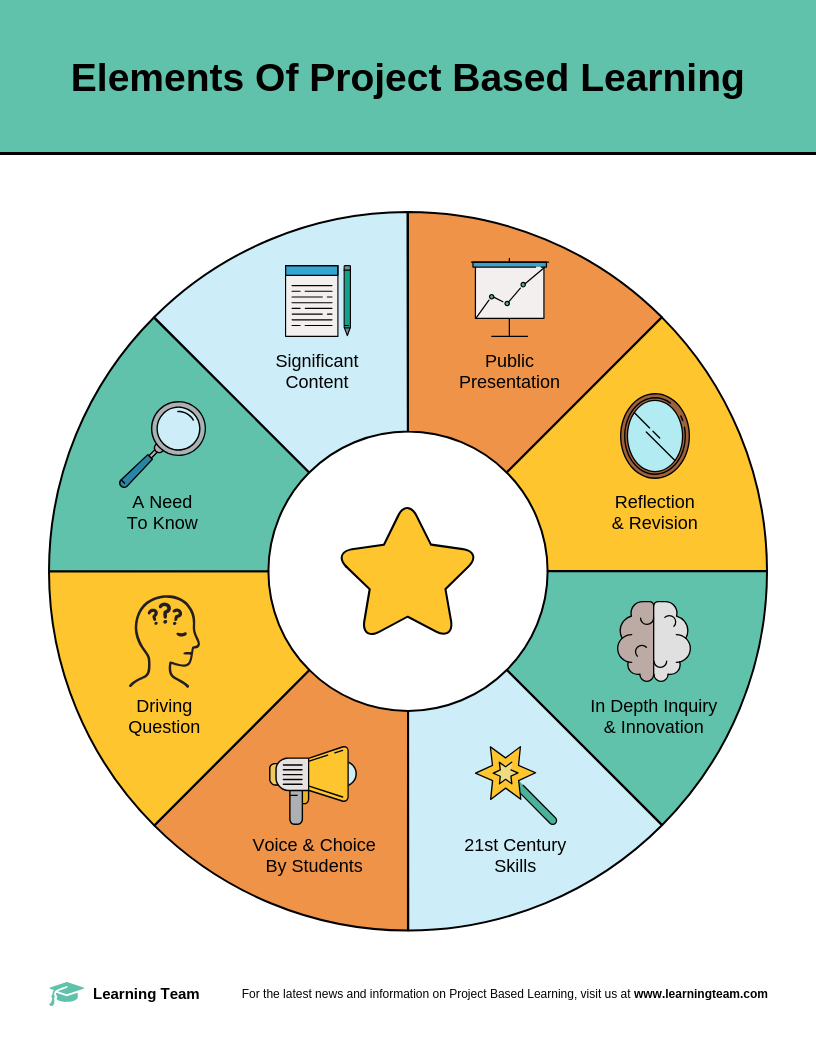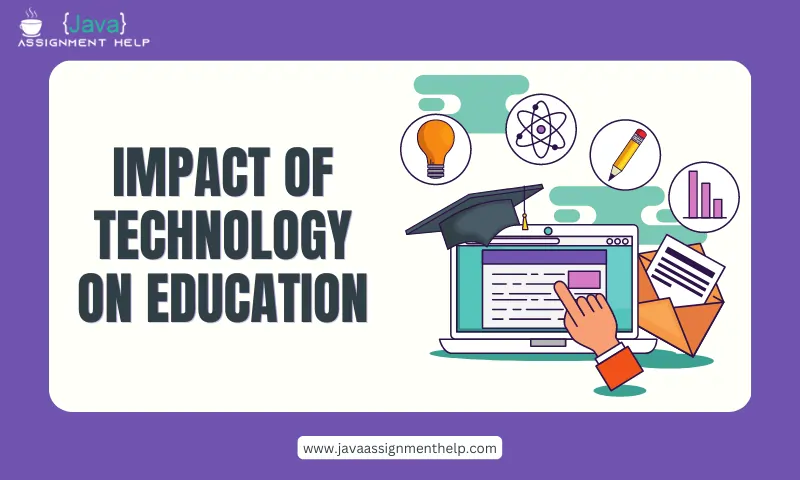Project-based learning is an approach to education that focuses on student-centered learning through hands-on, real-world projects. In this method, students are given the opportunity to work on projects that are relevant to their interests and that challenge them to think critically, problem-solve, and collaborate with others. Here are some of the benefits of project-based learning in K-12 education.
Improved Student Engagement
One of the most significant benefits of project-based learning is improved student engagement. When students are given the opportunity to work on projects that interest them and that are relevant to their lives, they become more invested in their learning. Project-based learning encourages students to take ownership of their learning and to become active participants in the educational process.
Deeper Learning
Project-based learning promotes deeper learning by providing students with opportunities to apply what they have learned in real-world situations. This approach helps students develop a deeper understanding of the material and encourages them to think critically and creatively. Through project-based learning, students learn how to analyze complex problems, identify potential solutions, and develop strategies to implement those solutions.
Increased Creativity
Project-based learning also promotes creativity by encouraging students to think outside the box and to come up with innovative solutions to real-world problems. This approach fosters an environment of creativity and encourages students to take risks and to experiment with new ideas. Project-based learning allows students to explore their passions and to develop new skills that can benefit them both in and out of the classroom.
Improved Collaboration and Communication Skills
Project-based learning also helps students develop essential collaboration and communication skills. By working on projects in teams, students learn how to communicate effectively, share ideas, and work together to achieve a common goal. These skills are critical in the 21st century workforce, where collaboration and communication are essential for success.
Preparation for the Real World
Project-based learning helps prepare students for the real world by providing them with opportunities to apply what they have learned in real-world situations. This approach teaches students how to solve complex problems, work collaboratively, and think critically and creatively. These are all essential skills that students will need to be successful in the 21st century workforce.
Conclusion
Project-based learning is an effective approach to education that promotes critical thinking, problem-solving, and collaboration. By engaging students in hands-on, real-world projects, project-based learning promotes deeper learning and increases student engagement. Project-based learning also fosters an environment of creativity and innovation, and it helps prepare students for the challenges of the 21st century workforce. As such, project-based learning should be considered as an integral part of K-12 education.



